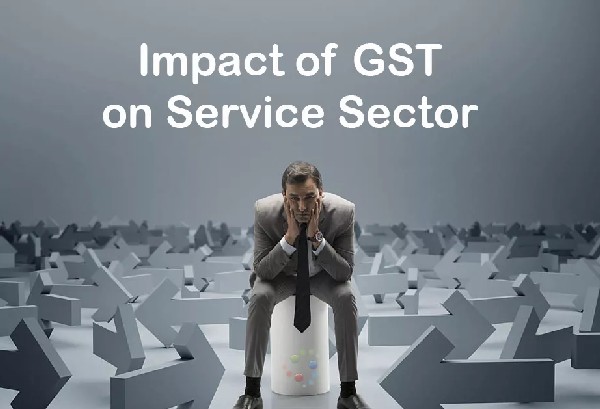There are a number of benefits of GST and it is meant to bring about uniformity in tax structure. GST will ensure that indirect tax rates and structures are common across the country and would thereby increase the certainty and ease of doing business.

GST is aimed at making the country tax neutral, irrespective of where the business is conducted. It will also reduce the transaction costs of doing business and would eventually lead to improved competitiveness in the industry. Compliance cost would also be reduced to a large extent and there will be a better IT infrastructure looking into it.
GST has also helped in lowering prices of several essential items due to the elimination of multiple taxes like excise duty, VAT, central sales tax and many more. This has reduced the cascading effect of taxation faced by businesses earlier. GST will also benefit the economy since it will make doing business more transparent while helping several businesses pass on benefits to customers due to lower taxation.
Yet, there are challenges ahead since many businesses are still grappling with the filing of GST returns and this will take some time to be absorbed. Additionally, GST has contributed towards increases in prices/service charges across various sectors which have affected end customers. Rationalizing these, in the long run, is a major challenge.
If we count in short, we will find 8 direct benefits from GST.
- Ease of Doing Business
- More Employment
- GDP Increase
- Money-Saving
- Ease of Tax Filing and Documentation
Revenue Increase - Tax Evasion Reduction
- Reduction in Cascading Effects
Effect of GST on the Healthcare Sector
The healthcare council had decided to exempt the healthcare and diagnostics from GST and the move had been much appreciated by the industry and the consumers. There are a number of taxes like excise duty levied at the time of manufacturing, central sales tax, additional duties of customs and service taxes imposed which increased the cost of healthcare.
The major impact of GST is that now all the taxes are considerably reduced and GST has now slotted life-saving drugs for Diabetes, Malaria, TB, HIV-AIDS compulsorily under the 5% slab, while categorizing formulations into the 12 percent slab. Medical furniture such as beds and operating tables will be charged at 18%.
In case of medical equipment and devices, they will be taxed at the rate of 12% under the GST framework. The earlier tax burden was more than 13% due to multiple taxes being imposed on these items. As a result, there are clear cut tax reduction benefits to be enjoyed by customers in this category.
This may also lead to a lowering of prices of medical equipment that will ultimately benefit the end consumer. For health insurance, GST has gone up to 18% as compared to service tax of 15% earlier under the GST framework. This indicates an increase in health insurance premiums. GGST for diagnostics will be under either 12% or 18% slabs which is more than earlier taxes on provision of these services.
Effect of GST on Tier 2 Cities and Small Businesses in India
Since GST is going to benefit small businesses, it will help in improving the infrastructure and the scope of business in the Tier II cities in India, where most of the small businesses are located and help them to improve instead. With the help of a GST calculator, it has been seen that GST impact on businesses will be largely positive and there is also going to be a steady increase in the revenue of the small cities, making them expand and improve their economy. The population will no longer migrate to large cities looking for opportunities with new chances opened for them in their own cities.
GST will certainly make it easier for small businesses in the country and other entities in Tier 2 cities to operate their enterprises. It has made the entire taxation structure simpler while giving a major boost to logistics and transportation industries since multiple entry taxes and other duties are subsumed into the GST.
This will help in rationalizing overall costs over a longer period of time and the benefits of GST can be passed onto end consumers for higher benefits. More importantly, GST has ushered in transparency for small business sectors which is a major boost for entities in Tier 2 cities and other smaller businesses.
